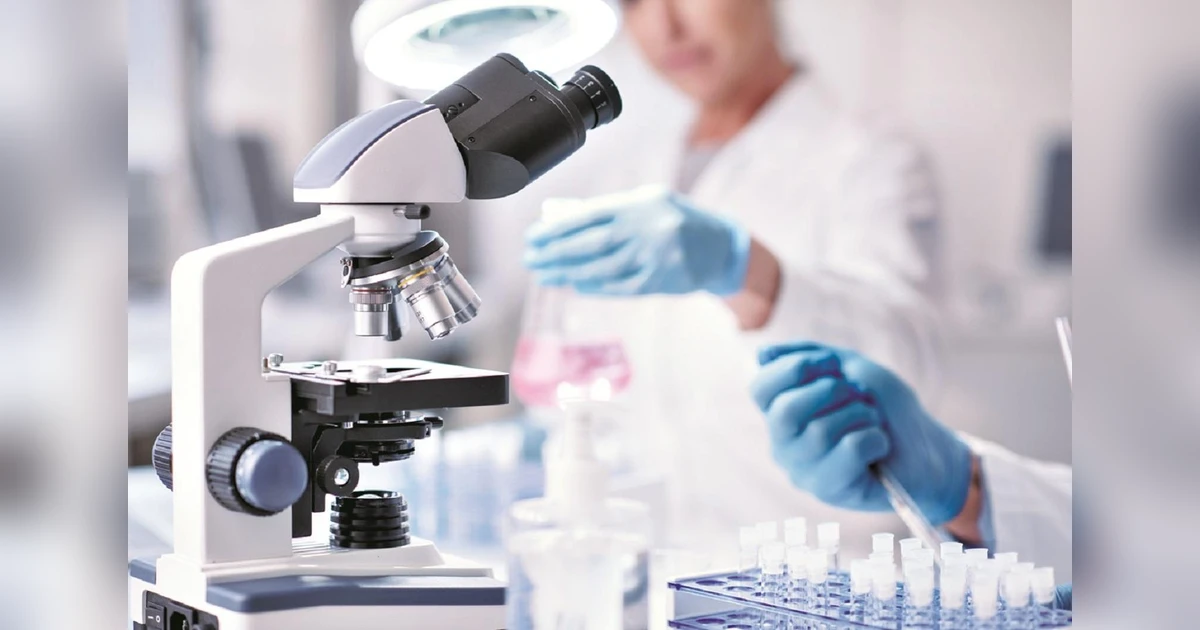The World Health Organization (WHO) has issued a stark warning regarding the alarming rise of drug-resistant bacteria, highlighting a critical shortage of innovative treatments. In a report released in March 2024, the WHO indicates that the increasing prevalence of infections resistant to standard antibiotics poses a significant threat to global health systems.
The document emphasizes that the lack of new and effective antibiotics is a pressing issue. Currently, there are significant gaps in the availability of treatment options for various bacterial infections. Existing antibiotics are becoming less effective as bacteria evolve, creating a scenario where common infections could lead to severe complications or even death.
Innovation Crisis in Antibiotic Development
According to the WHO, fewer than ten new antibiotics are in the final stages of development, a number that falls short of what is needed to combat the growing threat. This stagnation in innovation has led to calls for urgent action from governments and the pharmaceutical industry. The organization states that without a robust pipeline of new antibiotics, healthcare systems globally may struggle to manage even routine medical procedures.
The report also outlines the economic challenges that hinder the development of new antibiotics. Pharmaceutical companies often find that investing in antibiotic research is not as profitable as other areas of drug development. As a result, many companies are scaling back their research efforts, exacerbating the crisis in antimicrobial resistance.
Global Health Implications
The implications of rising drug resistance are profound. Infections that were once easily treatable now result in prolonged hospital stays, increased medical costs, and a higher risk of mortality. The WHO estimates that antimicrobial resistance could lead to 10 million deaths annually by 2050 if current trends continue.
To combat this urgent issue, the WHO urges member states to implement comprehensive strategies. These include enhancing surveillance systems for antibiotic usage, investing in research and development, and promoting responsible use of existing antibiotics to preserve their effectiveness.
In conclusion, the WHO’s report serves as a critical reminder of the ongoing challenges posed by drug-resistant bacteria. The organization stresses that immediate action is necessary to address both the innovation gap in antibiotic development and the growing threat of antimicrobial resistance. The health of millions hangs in the balance, and a collaborative effort is essential to safeguard the future of healthcare.






































































